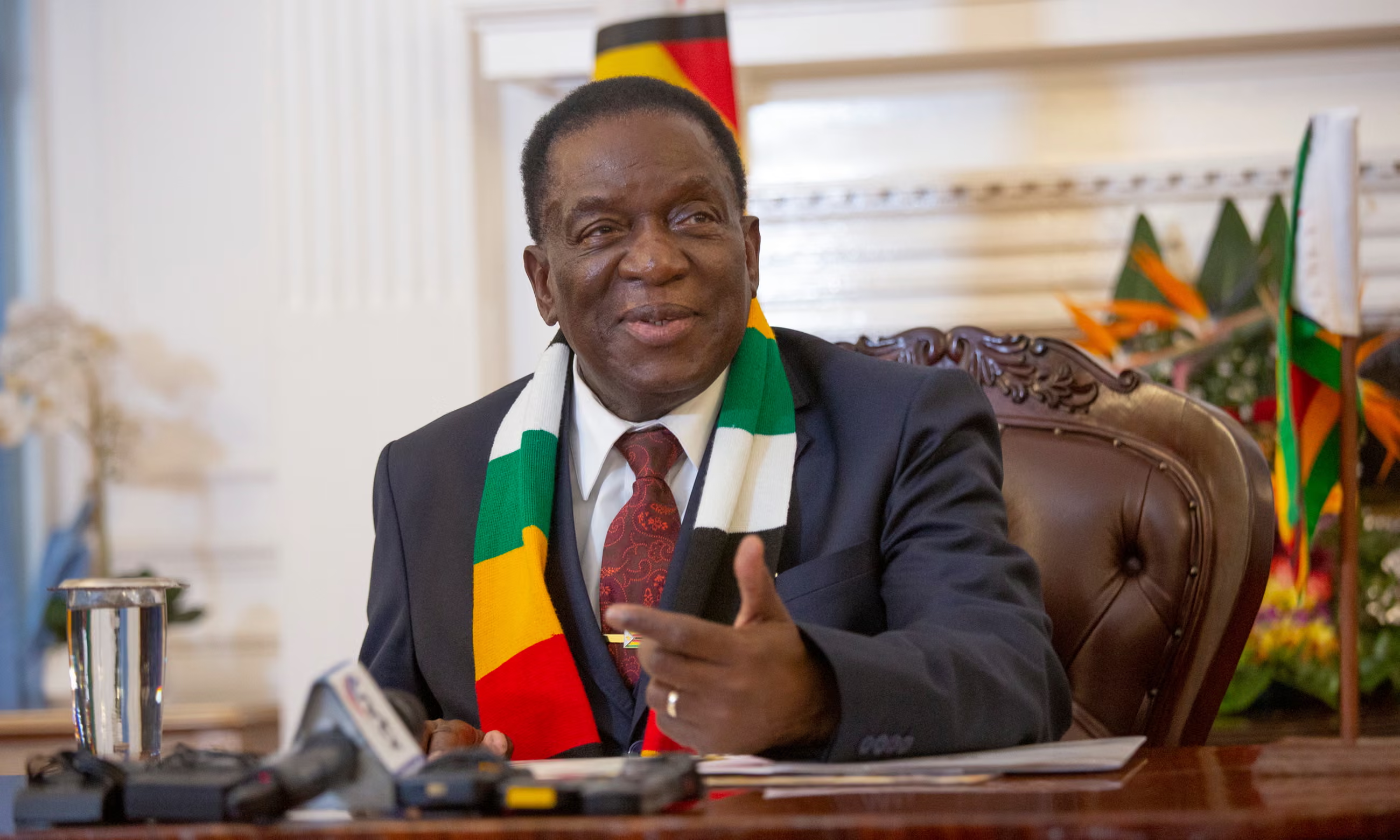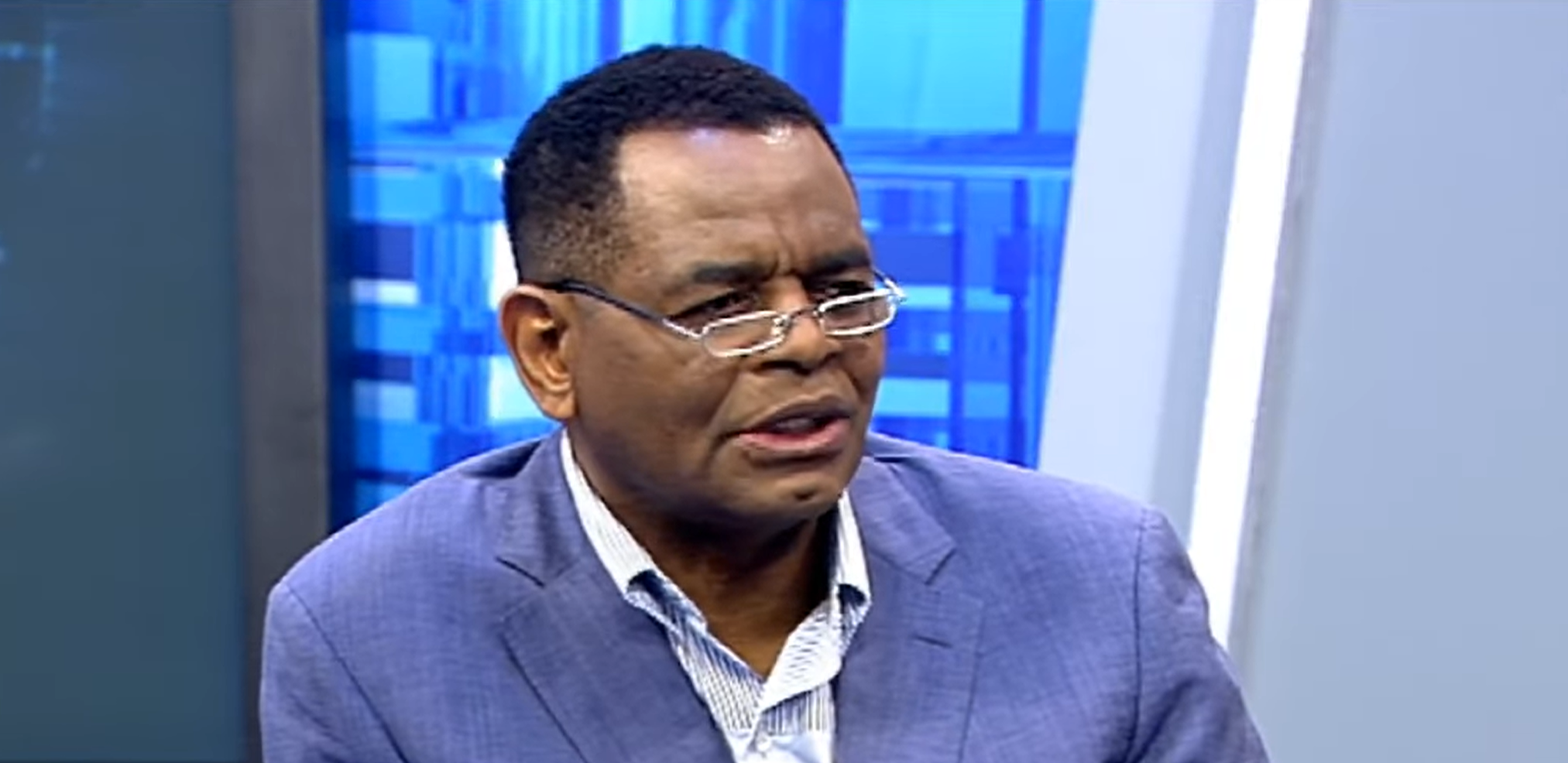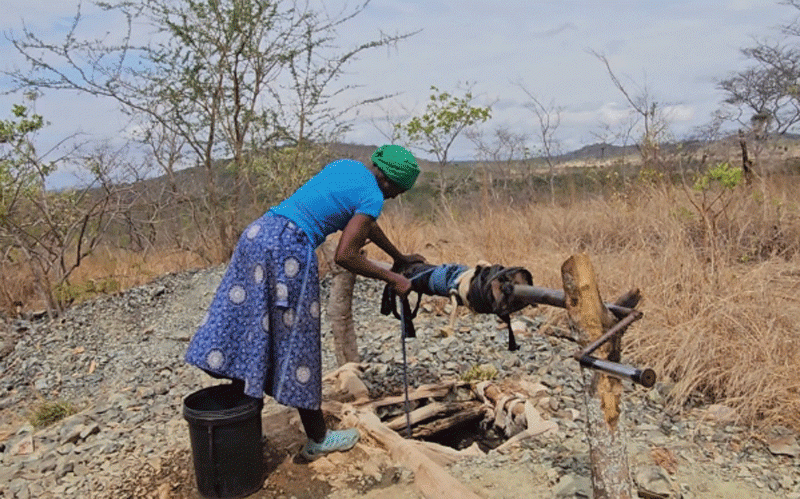
By Paison Tazvivinga
Poor performance of State-Owned Enterprises (SOEs) has been perpetual over the last two decades and the burden continues to weigh heavily on taxpayers’ money.
Most if not all SOEs have been marred with suboptimal operations across the board.
The aggregate report of SOEs for year end 2018 states that SOEs generated a combined loss of US$$150 million against an asset base of around US$17 billion.
If one is to apply an expectation of just 2% return on assets, the anticipation would be a profit of US$250 million.
Notable issues which have been raised about SOEs include, failure to comply with tax obligations such as PAYE even if it is assumed that such funds are being withheld from employees; repeated requests for financial bailouts from treasury and indebtedness which has led to requests for guarantees from line ministries and treasury.
In our efforts to resolve these issues, we must learn from other nations as the saying goes, ‘no nation is an island unto itself’. We therefore look at the Singaporean and South African experience.
The article adopts the Organisation for Economic Co-operation and Development (OECD) definition of State-Owned Enterprises (SOEs), that is, “SOEs are enterprises where the state has significant control, through full, majority, or significant minority ownership”, (OECD, 2018).
- Chamisa under fire over US$120K donation
- Mavhunga puts DeMbare into Chibuku quarterfinals
- Pension funds bet on Cabora Bassa oilfields
- Councils defy govt fire tender directive
Keep Reading
Singapore’s Temasek Model
Temasek is a Singapore incorporated company and operates under the provisions of the Singapore Companies Act.
Temasek is neither a statutory board nor a government agency.
Temasek was incorporated under the Singapore Companies Act in 1974 to own and commercially manage investments and assets previously held by the Singapore government.
This allowed the Ministry of Finance to focus on its core role of policymaking and regulations, while Temasek would own and manage these investments on a commercial basis.
Temasek follows the OECD’s centralised model.
It is fully owned by the Ministry of Finance and no other government ministry or agency owned shares in companies invested by Temasek.
It is one of the renowned sovereign wealth funds, described by the Financial Times as “one of the world’s most influential investors”.
When talking of SOEs restructuring the main concern is to retain government control in strategic sectors which is the reason why most advocates of privatization have hit a brick wall. However, the Temasek model captures this aspect well:
Singapore’s government controls key industries/utilities solely through Temasek, these include:
Energy: SP Group (leading utilities group in the Asia Pacific, with some of the most reliable and cost-effective transmission, distribution and market support services world-wide);
Airline: Singapore Airlines (often ranked among the best in the world)
Public transport: SMRT (multi modal transport operator in Singapore)
Marine: Sembcorp marine & Keppel Corp (two of the world’s largest builders of jack-up rigs)
Financial: DBS Group (largest bank in South-East Asia by assets)
Telecommunications: Singapore Telecommunications (SingTel) (region’s largest telecoms operator by revenue).
Hence it is possible for the state to retain control of strategic sectors whilst allowing those entities to operate on a commercial basis.
Can the Temasek model be duplicated?
The model is embedded on three guiding principles:
- Respect of law;
- Non-tolerance of bad governance, corruption and mismanagement; and
- Self-restraint by politicians on interfering in SOEs.
The question therefore should be, can these three characteristics be replicated in our context?
Are we willing to promote respect of law, what is our tolerance level of corruption and mismanagement and are politicians willing to restrain themselves from interfering in the running of SOEs regardless of the temptation?
The South African Select SOE experience.
Alexkor: Diamonds Mining, recorded a loss of Loss R99 million in the 2019/2020 financial year.
Denel: Defense Equipment, recorded a loss of Loss R1.8 billion in the 2019/2020 financial year.
Eskom: Energy, recorded a loss of Loss R20.5 billion in the 2019/2020 financial year.
SAA: Airline, recorded a loss of Loss R5.5 billion in the 2019/2020 financial year.
Problems bedeviling SA SOE’s
The following can be identified as key issues affecting SA SOEs:
The composition of their boards;
Their non-commercialisation; and
Widespread conflict of interest.
All these challenges point us to the failure by SA SOEs to uphold strong corporate governance standards. This also has been a major problem for Zimbabwe SOEs.
What needs to be done for SA SOE’s
According to (PWC), 2019) the following must be considered:
- Application of good governance should be supported by an understanding of the concept of leadership;
- Establishing measurable performance indicators; and
- Enforcing board and management accountability for the performance of SOEs and their conformance to its strategic mandate.
The South African experience teaches us that regardless of the state’s financial muscle, SOEs will continue to fail if they are mismanaged. SA SOEs problems may be solved by learning from the Temasek model on how to uphold good corporate governance standards. Maybe Zimbabwe can borrow a leaf too.
Key takeaways that help explain Temasek’s success
Singapore has a track record of good public governance without intent to exert excessive political control. This has enabled Temasek to:
- Pursue long-term interests of shareholders (in this case, government’s interests since it is the ultimate shareholder); and
- Align its interests (government’s interests) with the objectives of corporate governance.
Temasek took a sizeable number of foreign investments thus it became obliged not only to domestic regulations but to foreign rules.
This has been the bedrock of Temasek’s higher quality corporate governance standards since it must prove its business management ability to foreign governments and investors.
The state committed to be exemplary in upholding corporate governance standards. As Chen (2016) puts it, “One might expect the state to lead by example since it imposes corporate governance rules on private enterprises whether by strict laws or voluntary codes”.
Temasek sends a signal that state entities can be champions of good corporate governance. It also reinforces the notion that SOEs must not be used as repositories of political allies.
Rather they must be left to operate commercially with the government benefiting from dividends.
- Paison Tazvivinga* is a development economist. Email: [email protected].
*These weekly articles are coordinated by Lovemore Kadenge, independent consultant, past president of the Zimbabwe Economics Society and past president of the Institute of Chartered Secretaries and Administrators in Zimbabwe. Email: [email protected] and mobile No. +263 772 382 852









